I scoured the online news sources for more information but in spite of the story’s unusual and sensational appeal, I found very little reportage the following morning. Even the NY Times gave the story but a short paragraph. The mob had a list of purported witches, 7 women and 3 men aged 75 or older. They were burned to death, some after having their throats slit or their heads bashed in.
The story was so shocking that, in the middle of the day as I was going about my clinic business, I’d find myself staring at the lake wondering about those murdered “witches”. And about that violent mob. How could a group of 21st century men get so impassioned about an ancient belief that they could resort to violence against 75 year old women?
It wasn’t until Friday afternoon that the clinic was quiet enough for me to talk to a few of my co-workers about it. In
At the right moment in the conversation I told Evanys I had read a news story about the witches and asked what he could tell me about it. He knew the story and had strong beliefs about it. He told me that these people were killed because they had caused the death of many other people. They were well known in their community and had practiced evil for many years. They made the children stupid. They could cast a spell on someone resulting in their death. They could poison food while a person was eating and cause it to decay in their stomachs. They could take epilepsy from one person and cast it into another person. They stirred up trouble wherever they went and they cheated people out of money.
Evanys said that times were changing and that people who were educated could not be hurt by the witch doctors. He said that although he was immune to them, they had very strong powers and needed to be stopped from hurting other people who fell under their powers. He felt it was right and just to weed them out but stopped short of advocating murder.
At the clinic he often finds himself in the position of discouraging such primitive beliefs. He said he tells people “no one is out to get you. You are sick. Take your medicine and you will get well”. He told me of a friend who, when he visited 2 months ago, was on his death bed. The man’s wife was very worried and thought her husband had HIV but the husband believed someone was trying to kill him and had paid to have a spell placed on him. He consulted a witch doctor who told him certain people in his family and in his community were trying to kill him. It caused many bad feelings. Evanys convinced him to go to a clinic and found out 2 weeks later that the man had been diagnosed with TB. He was on medicine and was starting to feel stronger. He acknowledged that Evanys was right but still clung to his ideas that he needed to appease the witch or he might put another hex on him.
The Daily Nation, the





























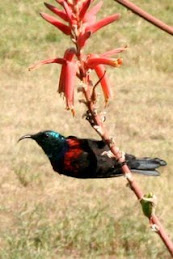


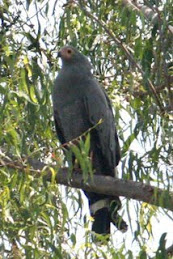






































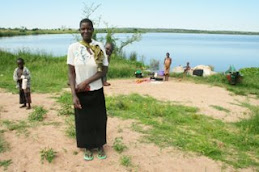

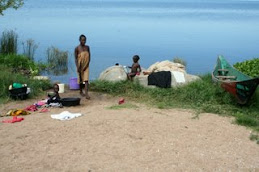

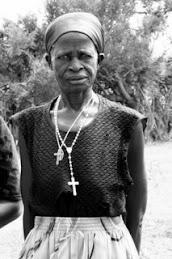






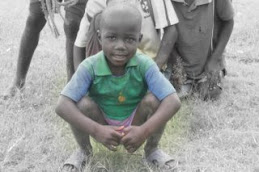


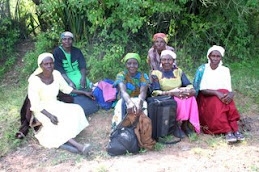

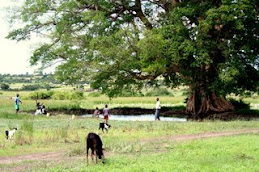
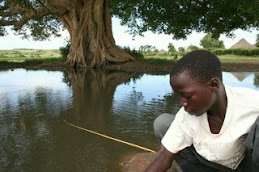
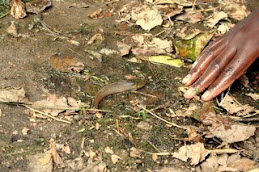



























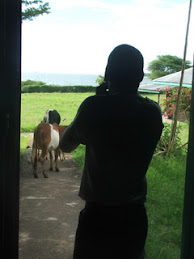

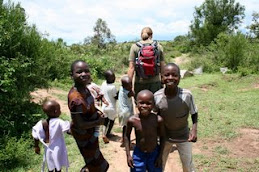











































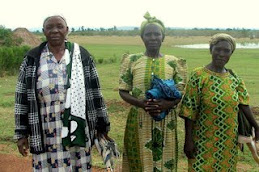

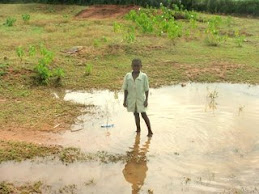





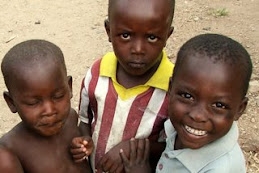


















No comments:
Post a Comment